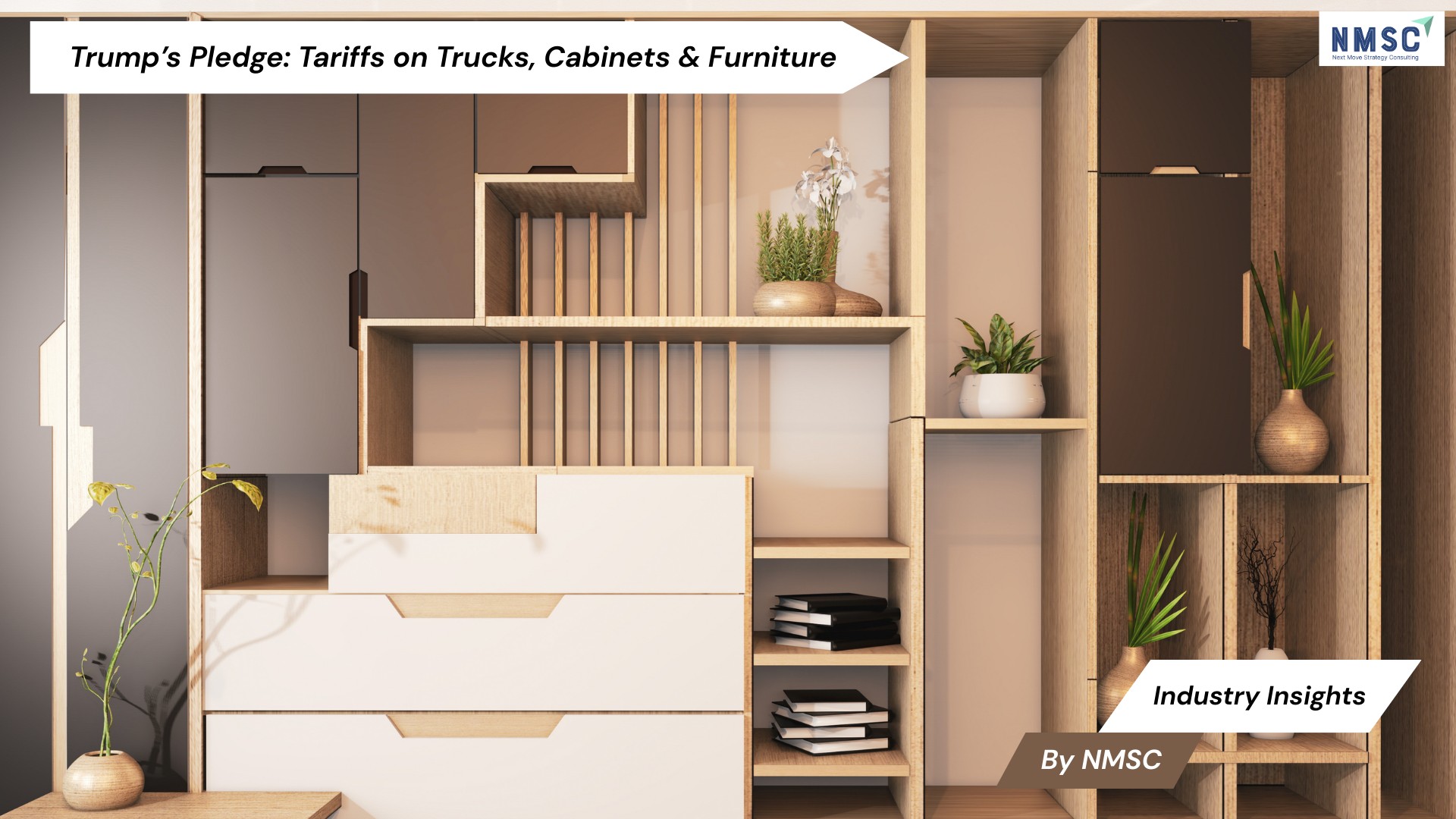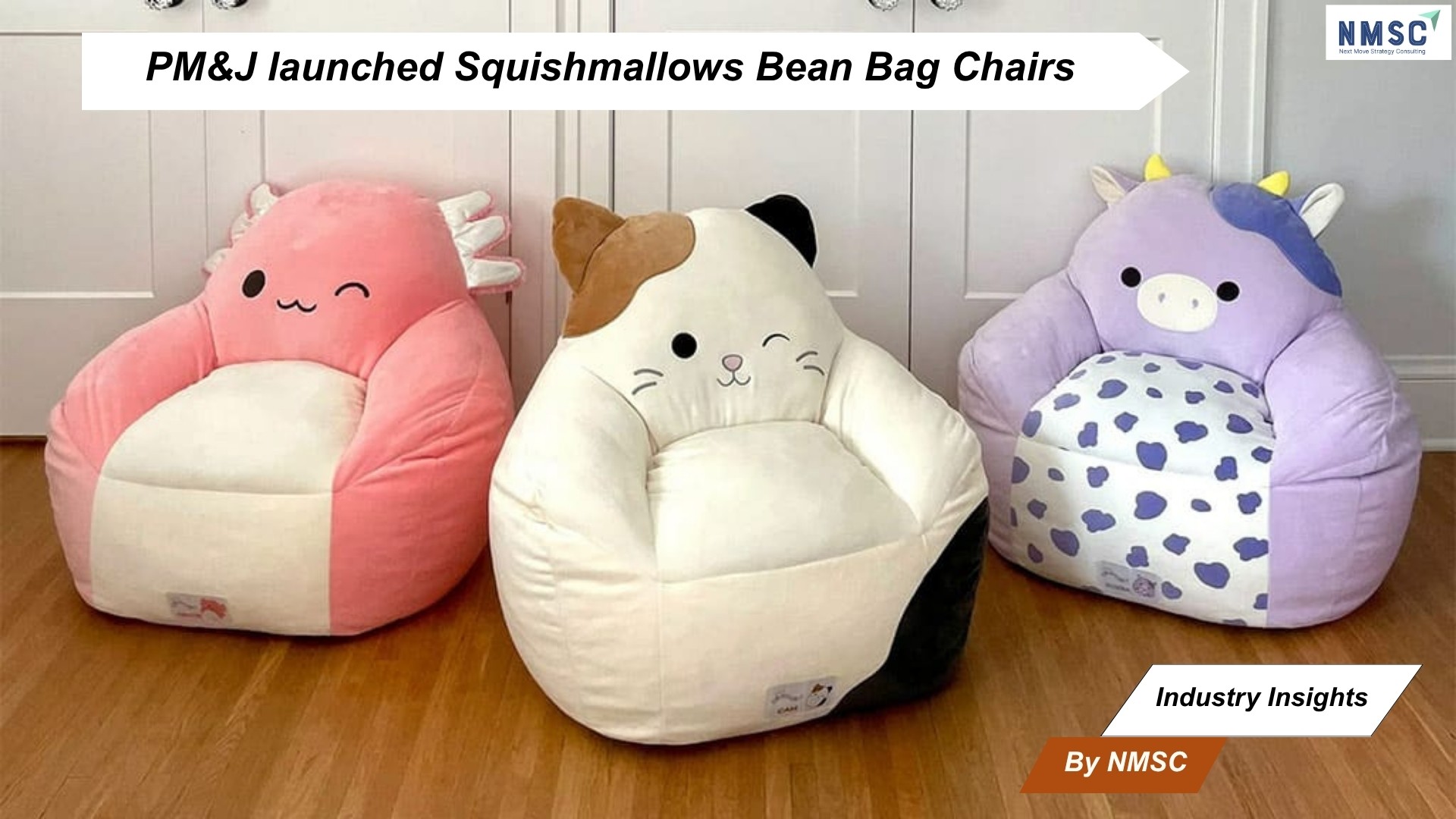Smart Furniture Market is expected to Reach USD 5.18 billion by 2030
Published: 2025-09-19
The growing penetration of IoT devices combined with increasing demand for space saving and multi-functional furniture are driving the growth of the smart furniture industry.
According to a new research report by Next Move Strategy Consulting, the global smart furniture market was valued at USD 3.25 billion in 2023, and is expected to reach USD 5.18 billion by 2030, with a CAGR of 6.9% during the forecast period, 2024–2030. The ever-increasing penetration of the Internet of Things (IoT) devices into residential spaces is playing a pivotal role in propelling the growth of the smart furniture industry. In an era where connectivity and convenience are paramount, consumers embrace IoT technology to enhance their daily lives.
Smart furniture, equipped with sensors and connectivity features, seamlessly integrates with these IoT devices to provide a more personalized and efficient living experience. From voice-activated lighting and climate control systems to coffee tables with built-in wireless chargers and Bluetooth speakers, smart furniture offers a harmonious blend of aesthetics and functionality. It is driven by the need for a connected and automated home. As more homeowners recognize the benefits of this fusion of technology and design, the smart furniture industry continues to evolve and expand, ushering in a new era of intelligent and responsive living spaces.
Based on the statistics released by the International Data Corporation (IDC), it is estimated that the worldwide spending on IoT reached a staggering USD 805.7 billion in 2023, demonstrating a substantial 10.6% increase from the previous year. Moreover, investments in IoT are anticipated to surpass the monumental milestone of USD 1 trillion by 2026, with an annual growth rate of 10.4% from 2023 to 2027. The escalating investment in IoT shows the growing bond between technology and furniture, further stimulating the remarkable growth of the smart furniture market.
The increasing global disposable income per capita is a significant driver behind the growth of the smart furniture market. As individuals have more disposable income, they are increasingly inclined to invest in smart furniture solutions that offer enhanced comfort, convenience, and efficiency in their homes. Reports published by the U.S. Energy Information Administration revealed that the worldwide per capita disposable income stood at USD 10,136 in 2022. It is projected to soar to USD 12,056 by 2030 and further escalate to USD 17,277 in 2050 with an average annual growth rate of 1.9%. The expanding affordability and purchasing power fueled by rising incomes are consequently propelling the demand for smart furniture, boosting the market growth.
The growing need for furniture that saves space and serves multiple functions is a key factor driving the popularity of smart furniture. In today's busy urban areas, where living spaces are often limited in size, people are looking for smart solutions that make the most of their available space. This trend reflects the changing lifestyle of city dwellers who prefer compact and versatile furniture. Smart furniture is designed to meet this demand, offering features including hidden storage, foldable designs, and the ability to adapt to different uses. This furniture is essential for making the most out of small living spaces, which are common in cities.
However, integrating advanced technology and smart features into smart furniture tends to be more expensive. This cost can be a real obstacle for many potential buyers, especially those mindful of their budgets. It acts as a barrier that prevents the smart furniture market from expanding, particularly in the segments of the population that prioritize affordability.
On the other hand, the rapid advancements in home automation technology are expected to create ample opportunities for the smart furniture industry.
This technological progress allows the integration of smart furniture into the broader smart home ecosystem, making it user-friendly and versatile for consumers of various technical backgrounds. The seamless integration of smart furniture with existing home automation systems, such as voice assistants and smart thermostats, ensures the streamlining of the user experience and enhances the appeal of smart homes.
Request for a Sample PDF on the Smart Furniture Market
According to the report, leading players operating in the smart furniture market include MillerKnoll, Inc, Steelcase, HNI Corporation, Haworth, IKEA (IKEA Home smart), Vitra, Okamura, Teknion, Kinnarps, Humanscale, Sleep Number, Eight Sleep, Tempur-Pedic / Tempur-Sealy, Ergotron, FlexiSpot. and others.
Key Insights from the Smart Furniture Market Report:
-
The information related to key drivers, restraints, and opportunities and their impact on the smart furniture market is provided in the report.
-
The value chain analysis in the market study provides a clear picture of the roles of each stakeholder.
-
The market share of the players in the global smart furniture market along with their competitive analysis are provided in the report.















Add Comment